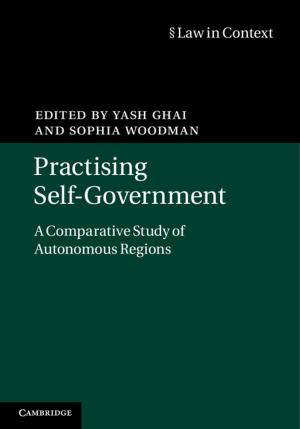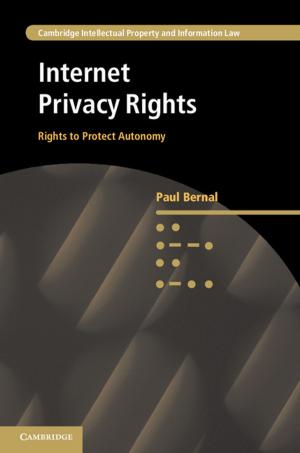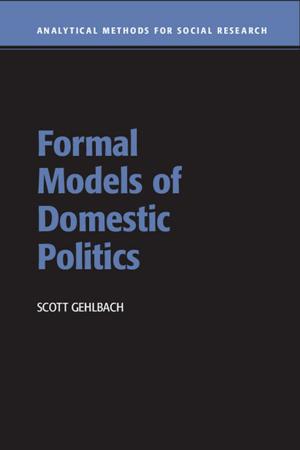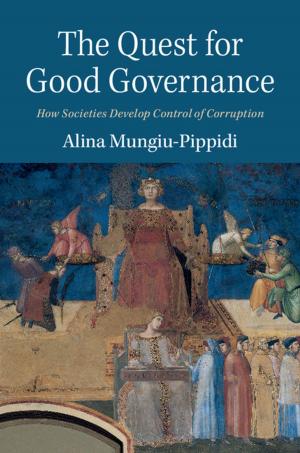Authors and Authorities in Ancient Philosophy
Nonfiction, Religion & Spirituality, Philosophy, Ancient, History| Author: | ISBN: | 9781108606028 | |
| Publisher: | Cambridge University Press | Publication: | August 31, 2018 |
| Imprint: | Cambridge University Press | Language: | English |
| Author: | |
| ISBN: | 9781108606028 |
| Publisher: | Cambridge University Press |
| Publication: | August 31, 2018 |
| Imprint: | Cambridge University Press |
| Language: | English |
Ancient Greek and Roman philosophy is often characterised in terms of competitive individuals debating orally with one another in public arenas. But it also developed over its long history a sense in which philosophers might acknowledge some other particular philosopher or group of philosophers as an authority and offer to that authority explicit intellectual allegiance. This is most obvious in the development after the classical period of the philosophical 'schools' with agreed founders and, most importantly, canonical founding texts. There also developed a tradition of commentary, interpretation, and discussion of texts which itself became a mode of philosophical debate. As time went on, the weight of a growing tradition of reading and appealing to a certain corpus of foundational texts began to shape how later antiquity viewed its philosophical past and also how philosophical debate and inquiry was conducted. In this book leading scholars explore aspects of these important developments.
Ancient Greek and Roman philosophy is often characterised in terms of competitive individuals debating orally with one another in public arenas. But it also developed over its long history a sense in which philosophers might acknowledge some other particular philosopher or group of philosophers as an authority and offer to that authority explicit intellectual allegiance. This is most obvious in the development after the classical period of the philosophical 'schools' with agreed founders and, most importantly, canonical founding texts. There also developed a tradition of commentary, interpretation, and discussion of texts which itself became a mode of philosophical debate. As time went on, the weight of a growing tradition of reading and appealing to a certain corpus of foundational texts began to shape how later antiquity viewed its philosophical past and also how philosophical debate and inquiry was conducted. In this book leading scholars explore aspects of these important developments.















